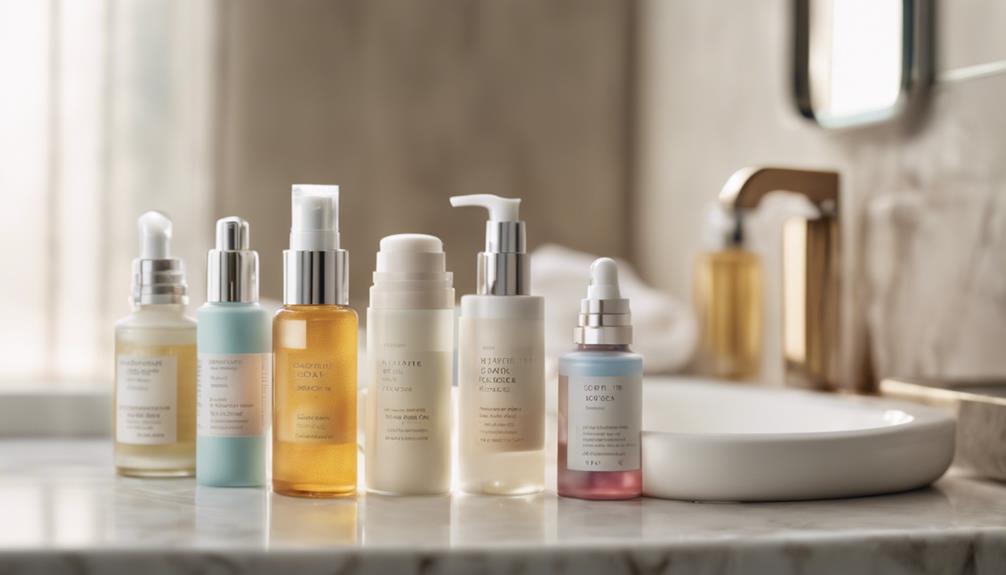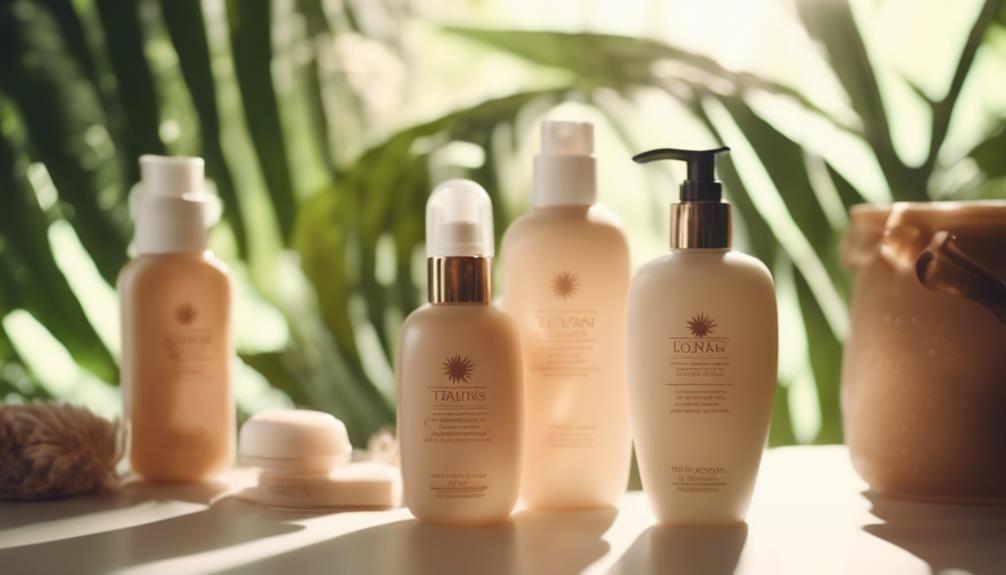Hermès has once again reinforced its dominance by winning its latest legal case over Birkin bag sales, ensuring the brand maintains its exclusive image. The company successfully defended its right to control distribution and restrict certain sales practices, such as tying Birkin purchases to other products. This victory preserves Hermès’ market control and brand integrity. If you want to understand how this legal triumph impacts luxury brands and their strategies, there’s more to explore.

Hermès, the luxury brand known for its coveted Birkin bags, finds itself at the center of a legal controversy that could reshape how high-end products are sold. In March 2024, Hermès was sued for alleged federal antitrust and state unfair competition violations related to its sales practices for Birkin bags. As someone interested in luxury brands, you should know that the plaintiffs accuse Hermès of restricting Birkin sales to customers with an extensive purchase history at Hermès stores. This policy allegedly creates a barrier for new or casual buyers, limiting access to one of the most exclusive handbags in the world. The lawsuit claims that Hermès pressures customers to buy other products—such as scarves, shoes, or jewelry—before they can purchase a Birkin, a practice known as tying. Sales associates are reportedly incentivized through commission structures to push these additional purchases, further restricting genuine access to Birkin bags while boosting sales of other items. Additionally, the practice of tying can be viewed as a way to enhance customer loyalty, which is often crucial for luxury brands.
Hermès has long built its reputation on the exclusivity of its products, especially the Birkin. Founded in 1837, Hermès has carefully maintained its image by controlling manufacturing and distribution, resulting in long waiting lists and limited supply. A typical Birkin can cost from about $12,000 to over $450,000 in private sales, and their rarity often causes prices to soar on the secondary market. This scarcity enhances their allure, transforming Birkin bags into status symbols and investment assets that often appreciate in value. To buy a Birkin, customers must demonstrate significant loyalty and spending at Hermès, which the company argues is necessary to maintain its brand integrity. Hermès’ strict control over distribution further reinforces its exclusive image and limits broader market competition.
Hermès maintains its luxury status through controlled manufacturing and limited supply, making Birkins highly coveted and valuable.
The legal dispute questions whether Hermès’ sales restrictions violate antitrust laws, particularly the practice of tying—conditioning the purchase of a highly sought-after product on the purchase of other unrelated goods. The plaintiffs argue that Hermès creates a monopoly by forcing customers to buy additional products to gain access to Birkins, thereby harming competition and consumers. The lawsuit also points to sales associates’ incentive structures, which allegedly promote these tying policies, suggesting the company may be engaging in anti-competitive conduct. If proven, these practices could undermine the principle of fair competition and limit consumer choice.
Hermès has a history of defending its trademarks, significantly against artist Mason Rothschild over the “MetaBirkin” NFTs. In 2023, a court confirmed Hermès’ rights, issuing a permanent injunction that reinforced its control over Birkin’s brand image. This legal victory underscores Hermès’ commitment to protecting the exclusivity of its Birkins and its broader brand reputation. The ongoing lawsuit, thus, is part of a larger effort to defend its business model and brand integrity against challenges that threaten its market position. As the case unfolds, it could set important legal precedents for luxury brands, influencing how they manage product access and sales strategies in the future.
Frequently Asked Questions
How Long Has the Legal Battle Over Birkin Bags Been Ongoing?
The legal battle over Birkin bags has been ongoing since March 2024. You’ll see that it started with a class action lawsuit alleging antitrust violations and tying practices. The case saw multiple amendments and court discussions through late 2024, with key claims dismissed by the judge. This ongoing dispute highlights how complex and drawn-out legal challenges around Hermès and its iconic bags can be, spanning almost a year so far.
What Specific Laws Were Involved in the Legal Dispute?
You should know that the legal dispute involved federal antitrust laws, specifically the Sherman Antitrust Act, and California’s Cartwright Act. Hermès faced allegations of tying arrangements, which these laws prohibit, by conditioning Birkin bag sales on ancillary products. Additionally, there were claims related to intellectual property rights under French copyright law, along with consumer protection laws concerning misleading practices and sales incentives.
Has This Case Set Any Legal Precedents for Luxury Brands?
This case has set important legal precedents for luxury brands, especially regarding antitrust and intellectual property rights. You can see that courts may scrutinize restrictive sales policies and tying arrangements, influencing how brands manage exclusivity. It also clarifies that digital reproductions, like NFTs, are protected under trademark laws. These rulings remind you that maintaining brand integrity and fair competition are vital, potentially shaping future industry practices and legal standards.
Are There Any Upcoming Legal Challenges for Hermes Regarding Birkin Bags?
Yes, you should brace yourself for more legal drama. Hermès faces potential future challenges over its sales practices, especially if courts find the tying of purchases and limited availability violate antitrust laws. Keep an eye out—regulators and competitors might follow suit, questioning whether Hermès’ exclusive model stifles competition. As the luxury world’s favorite legal punching bag, Hermès’ next moves could reshape how exclusivity and fairness are balanced in high-end fashion.
How Might This Ruling Impact Future Birkin Bag Designs?
This ruling will likely make it harder for you to create near-identical Birkin-inspired designs without risking infringement. Hermès will probably focus on developing distinctive features to protect their brand, encouraging more innovative, original designs. As a result, competitors may shift toward unique aesthetics to avoid legal issues, fostering greater diversity in the luxury handbag market. You’ll see stricter enforcement of design rights, pushing everyone to prioritize genuine creativity over imitation.
Conclusion
As Hermes once again claims victory in the Birkin bag legal battle, you see how elegance often meets resilience. While the bags symbolize exclusivity and luxury, the legal drama reveals a fierce determination to protect that prestige. It’s a reminder that behind every coveted item lies a story of battles fought and won. In this world of opulence, victory isn’t just about possessions—it’s about safeguarding the legacy you cherish.









